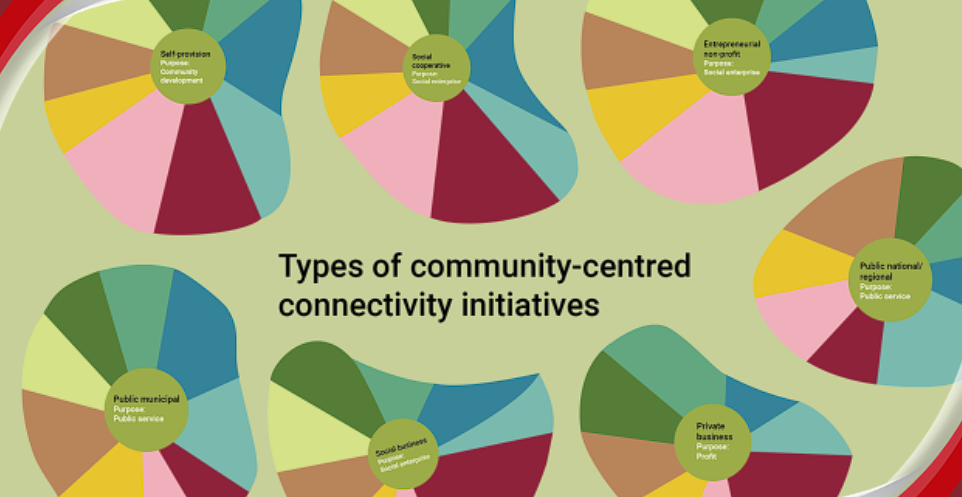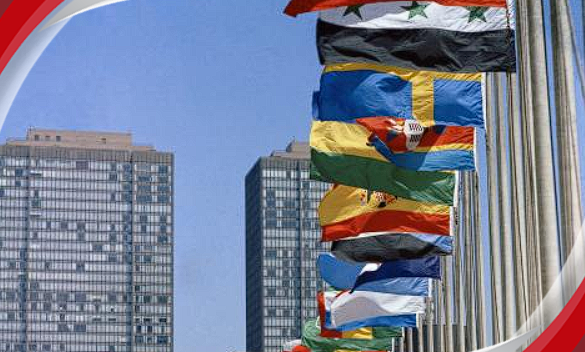Articles
CEOs from some of South Africa’s biggest companies have written a letter to Ramaphosa – here’s what it says
-
1 year ago
CEOs of some of South Africa’s biggest companies say the government needs to intervene to stop a potential shortage in food, medicine and other essential goods.
Writing in a letter addressed to President Cyril Rampahosa, CEOs of member companies to the Consumer Goods Council Of South Africa (CGCSA) – which includes Massmart and Tiger Brands – said that they are alarmed by the rising level of load shedding in recent months.
The consumer goods industry is the nation’s largest employer and makes a significant contribution to the nation’s GDP. Millions of South Africans are thus dependent on the industry for their livelihoods.
Despite operations and supply chains being maintained due to emergency generators, the CGCSA said that generators are an unsustainable financial cost.
The CGCSA warned that if load shedding is not addressed, the issues will lead to increased costs, resulting in higher prices for consumers who are currently under immense financial strain.
Moreover, other dilapidated infrastructure – including water, rails and roads – makes it even more difficult for consumer goods businesses across South Africa.
“If this crisis continues, we will not be able to guarantee stable supplies of food, medicines and other essential goods. The government needs to understand this rather than believe we can maintain business as usual,” said the CGCSA
How government can intervene
The CGCSA has given numerous solutions to President, such as:
- Rapid implementation of the plans already in place to solve the overall energy crisis;
- The removal of regulatory red tape and escalating indirect taxes, such as the health promotion levy, to enable investment and business sustainability;
- Address the deterioration of essential infrastructure such as including water, roads, rail, and policing;
- A suspension of the fuel duty levy and road accident fund for the consumer goods businesses and value chain, for as long as we suffer regular load shedding. This is a critical sector that should be considered for fuel rebates, similar to the mining, agriculture, fisheries and forestry sectors;
- Effective tax and other incentives to install localised renewable energy at small and medium scale;
- Action to ensure that critical infrastructure, such as essential food production, medicines and distribution facilities, are not only exempted from load shedding but are prioritised on the safety and security list;
- Accelerate the fight against illicit trade across the economy as it reduces the tax base and deprives the government of crucial revenue at this critical time.
Related Articles Posts
Categories
Popular Post
-
 SA’s IT spend to outpace GDP growth 1 year ago
SA’s IT spend to outpace GDP growth 1 year ago -
 Vodacom, Netstar launch free in-taxi Wi-... 1 year ago
Vodacom, Netstar launch free in-taxi Wi-... 1 year ago -
 South Africa under pressure to fill cybe... 1 year ago
South Africa under pressure to fill cybe... 1 year ago -
 Organisations with a strong employee val... 1 year ago
Organisations with a strong employee val... 1 year ago -
 Joint policy-in-action event highlights... 1 year ago
Joint policy-in-action event highlights... 1 year ago -
 Boost your digital transformation journe... 1 year ago
Boost your digital transformation journe... 1 year ago







